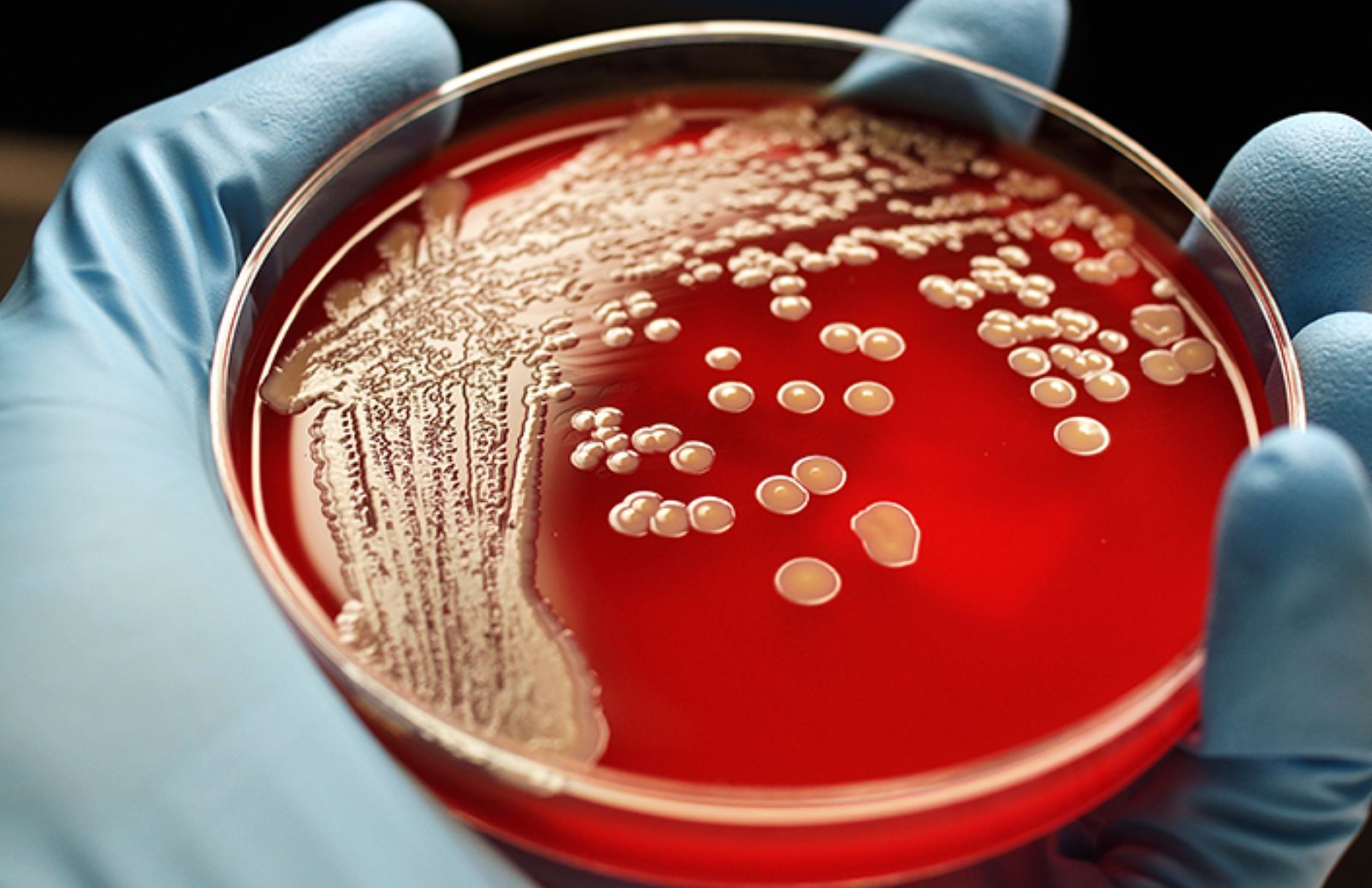New Bacterial GPS Could Revolutionize Forensic Science and Environmental Monitoring

LUND, SWEDEN - A team of researchers at Lund University has developed an innovative AI tool that uses microorganisms to create a biometric fingerprint, enabling scientists to track locations with unparalleled accuracy.
The groundbreaking technology, dubbed the Microbiome Geographic Population Structure (mGPS), utilizes the unique microbial communities found in various environments to pinpoint specific locations. By analyzing samples from individuals' microbiomes, this bacterial GPS tool can identify the source of these microorganisms and thereby link them to a particular location.
According to Dr. [Researcher's Name], lead author of the study, "bacteria are fascinating organisms that can be used as a kind of 'GPS' to determine where someone has been." This novel approach leverages the concept of microbial ecology, where different environments possess distinct microbial communities, to create an unparalleled forensic tool.
The mGPS system was trained on extensive datasets from diverse sources, including urban settings, soil, and marine ecosystems. This data, sourced from the MetaSUB database, which houses millions of bacterial genomes from cities worldwide, enabled the AI to learn and distinguish between unique microbial profiles linked to specific geographic origins.
The impressive accuracy of this technology is demonstrated by its results, with the mGPS tool correctly identifying city sources 92% of the time and even distinguishing between two locations within the same city - in one instance, 172 meters apart.
While the technique showed slight limitations in London due to a less controlled environment, researchers are confident that expanding their database will further refine this cutting-edge tool. This has far-reaching potential implications for fields such as public health, environmental monitoring, and urban planning.
As Dr. [Researcher's Name] notes, "the ability to analyze microbial communities could revolutionize our understanding of how diseases spread." Future expansions aim to integrate this technology into applications ranging from tracking infection sources to pinpointing antibiotic-resistance hotspots.
The mGPS has sparked excitement among experts, with the possibility of transforming various fields with its groundbreaking insights.
